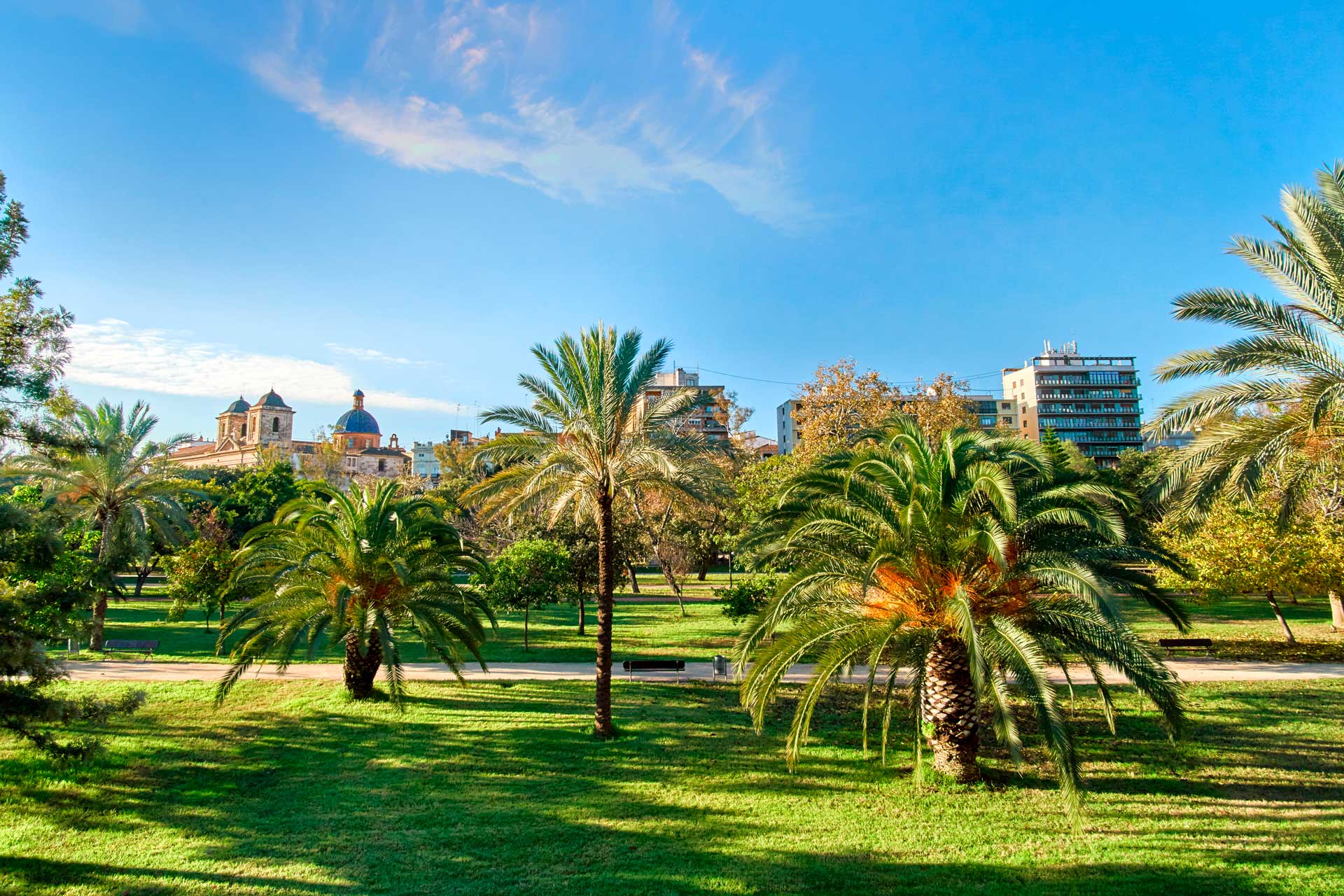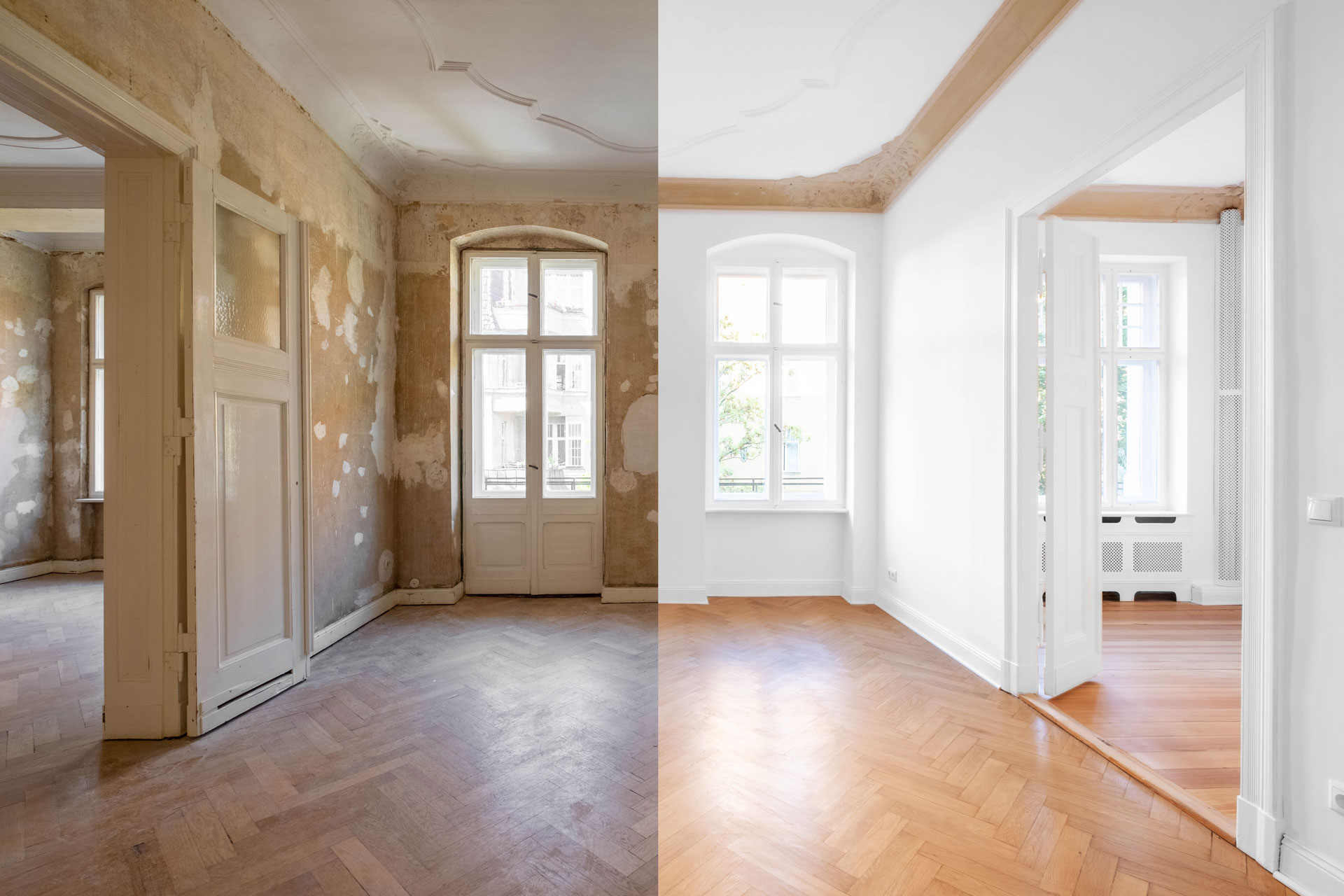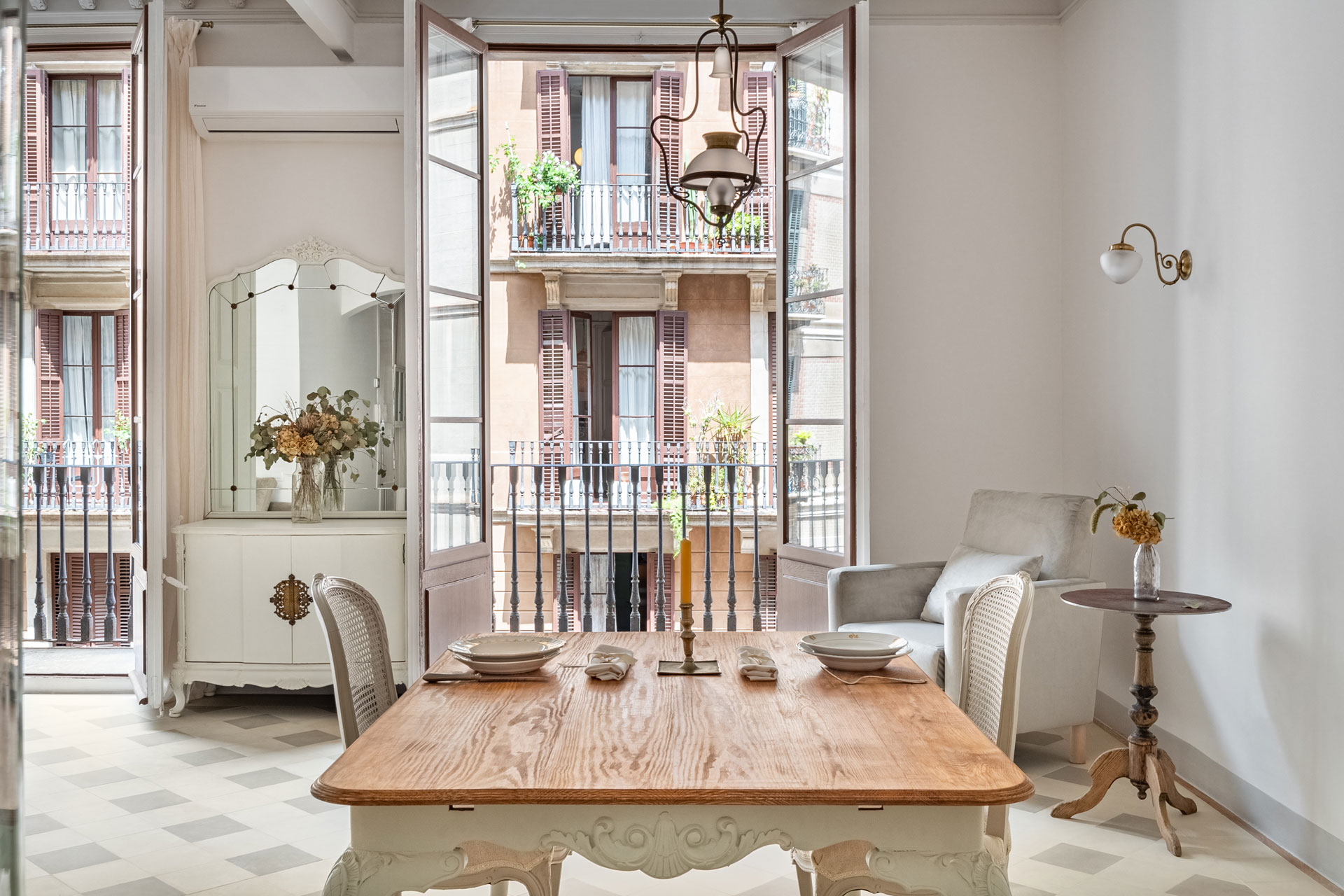Why Canadians Are Choosing Valencia
Moving to Valencia from Canada is a decision increasingly considered by Canadians looking to rebalance their lifestyle without compromising on safety, infrastructure, or cultural vibrancy.Canada consistently ranks among the world’s top countries for quality of life: excellent healthcare, a strong education system, and breathtaking natural spaces are part of what many Canadians value. But for those entering retirement, raising young children, or simply rethinking their lifestyle, Spain, and especially Valencia, offers a compelling alternative.
Here, the draw isn’t necessarily to improve quality of life, but to reshape it: to exchange winter coats for sea breezes, commutes for cafés, and the intensity of North American cities for the ease of Mediterranean living. The appeal is not about escape, it’s about evolution.
Many Canadians are drawn to:
- A more temperate climate, with short winters and sun nearly year-round
- Lower costs of daily life, including rent, childcare, transportation, and healthcare
- Walkable neighbourhoods, fresh markets, and a deep-rooted café culture
- A cultural pace that values leisure, relationships, and community life
At Livin’Valencia, we help Canadian families, retirees, and professionals take the leap with structure, clarity, and confidence. We’re not property agents, we’re real estate and relocation advisors, acting only in your interest.
Visas and Residency Options for Canadians
Since Canadians are non-EU nationals, staying in Spain for more than 90 days requires the right visa — and choosing the appropriate one is essential for a smooth transition.
- The Non-Lucrative Visa (NLV) is the most common for retirees and financially independent individuals. It’s not tied to work and requires proof of sufficient income (around €2,400/month in 2025).
- For remote workers, the Digital Nomad Visa opens the door to residency while working for Canadian or international companies.
- If your spouse or partner is an EU citizen or resident, the Family Reunification Visa allows you to join them in Spain.
Each path has its paperwork, timelines, and eligibility criteria. Through our relocation services, we help prepare your documents in Canada, book appointments, and accompany you through every bureaucratic step once you’re in Spain.
Renting in Valencia: What to Expect in 2025
Many Canadians start with a rental to get to know the neighbourhoods and settle in gradually. Valencia remains affordable, but prices are rising steadily — especially in central or family-friendly areas.
A central one-bedroom flat typically starts around €900/month. If you’re moving with children, expect to pay €1,500/month and up for a comfortable three-bedroom in areas close to international schools. For those seeking a more suburban lifestyle — space, a garden, a private pool — suburbs like L’Eliana or Rocafort offer villas from €2,000/month.
But rental contracts in Spain can be unfamiliar. Some landlords may resist formalities like empadronamiento (which is necessary for accessing healthcare and schools). Others may offer vague or outdated lease terms.
Our rental assistance service includes reviewing and negotiating leases, verifying landlord obligations, and ensuring all legal requirements are met before you sign.
Buying Property in Valencia: What’s Different from Canada
For Canadians used to structured real estate systems, buying in Spain can feel informal. There’s no title insurance, no escrow, and property transactions rely heavily on upfront legal checks.
Payments happen in stages — typically a deposit (arras), followed by a notary signing once due diligence is complete. Expect a timeline of 2–3 months from accepted offer to completion.
Current price estimates:
- City centre flats: €2,800–€4,500/m²
- Suburban homes: €1,800–€2,500/m²
- Premium properties (beachside, architectural homes): €4,000+/m²
We offer a home buying service designed specifically for international clients. We vet the legal and structural integrity of each property, manage technical inspections, and guide you through every step — all without sales pressure.
Considering the Costa Blanca as an Alternative
While Valencia city is vibrant and well-connected, some Canadians prefer a slower, smaller-scale lifestyle. The Costa Blanca — particularly towns like Denia, Jávea, Altea, and Moraira — presents a quieter, picturesque alternative.
What makes it attractive?
- Less density, more nature: These towns combine charming centres with surrounding hills, coastline, and space to breathe.
- Established expat communities: English is more commonly spoken, and services are accustomed to international residents.
- Better year-round climate: Thanks to unique microclimates, winters are often even milder than in Valencia.
- Lower property prices: You can often find more space and amenities for 15–30% less than in city locations.
The Costa Blanca is particularly well-suited to retirees or remote workers looking for nature, calm, and community without sacrificing access to services.
Healthcare: What Canadians Need to Know
Spain has a strong public healthcare system — but access depends on your visa status. Since there is no direct Canada-Spain agreement, most Canadians start with private insurance, which is mandatory for most visa types.
Once employed locally, or upon registering as a resident with the appropriate status, you can access the public system, known as Seguridad Social.
We assist clients with choosing compliant insurance plans, translating medical documents, and registering for SIP health cards once eligible.
Taxes, Pensions & Financial Planning
Yes, Spain will want to know about your Canadian income — but that doesn’t mean double taxation. Thanks to a bilateral treaty, you only pay what is owed after credits are applied.
Key considerations:
- You become tax-resident after spending more than 183 days/year in Spain
- All global income (pensions, investments, rental income) must be declared
- RRSPs and other registered accounts require special attention
Through our network of bilingual financial experts, we help Canadians understand tax timelines, pension transfers, and compliance.
Where Canadians Tend to Live
Valencia and its surroundings offer many lifestyle options:
- Ruzafa or El Carmen: Energetic, creative areas in the historic centre, perfect for singles or couples
- Cabanyal or Malvarrosa: Laid-back, seaside neighbourhoods popular with digital nomads and families
- Canovas & Pla del Remei: Upmarket and quiet, with classic architecture and proximity to shops and culture
- L’Eliana, Rocafort & La Canyada: Ideal for families — larger homes, yards, international schools, and green space
For those looking for village charm and sea views, Costa Blanca towns offer beautiful alternatives without the hustle.
Cultural Fit and Daily Life
Settling in Valencia is about more than paperwork. It’s about finding your place in a new rhythm of life. From late meals and spontaneous outdoor meetups to slower service and siestas, there’s an adjustment period.
- Language: Learning some Spanish (or Valencian) opens doors and builds trust, especially with neighbours and local services.
- Mindset: Bureaucracy takes time — and patience. But most things get sorted with the right follow-up.
- Community: Canadians often find comfort in joining clubs, volunteering, or simply chatting at the local café each morning.
We provide support not just for logistics — but for life.
Why Canadians Trust Livin’Valencia
You’re not just buying a property or getting a visa. You’re reorganising your life. We get that.
We work best with people who:
- Want transparency and structure, not marketing
- Expect to understand what they sign — not just accept it
- Appreciate dedicated, independent advice from people who live here
From your first questions to life after your move, we’re in your corner.
Start Your Move with Confidence
If you’re considering a relocation or property investment in Valencia or along the Costa Blanca, let’s talk.
Book a free call to explore your needs, timeline, and best options — with no pressure, just clear guidance and experienced insight.




